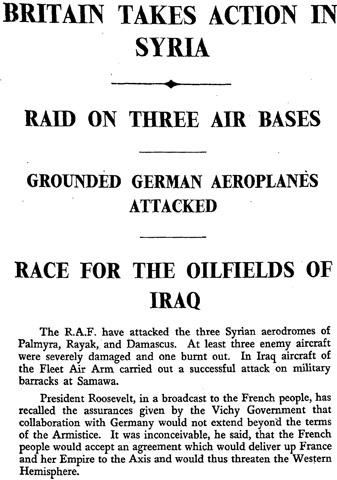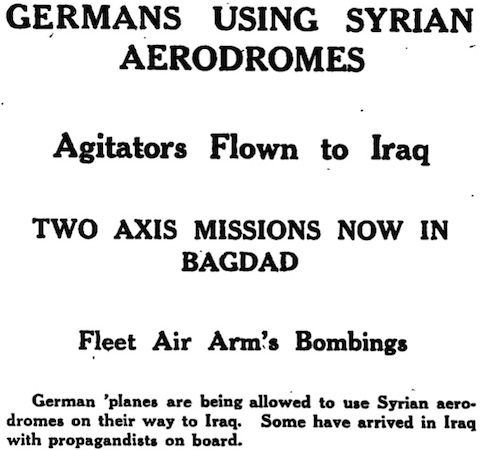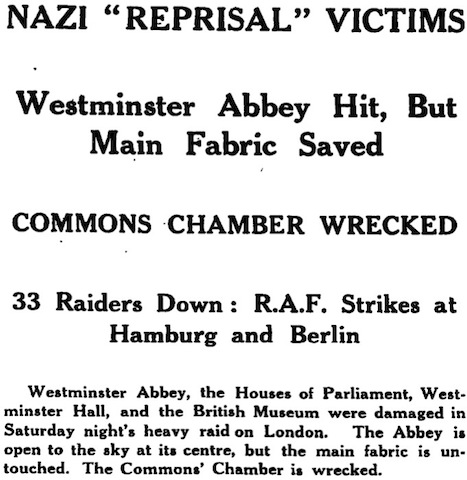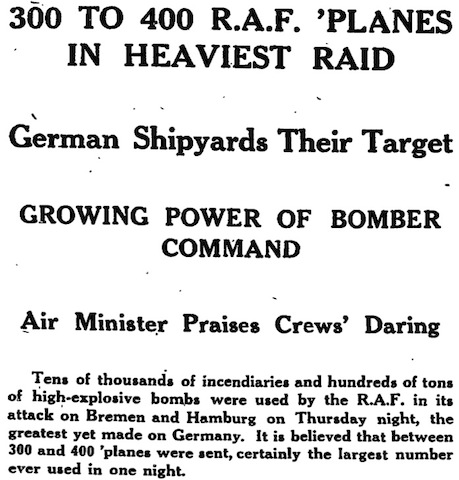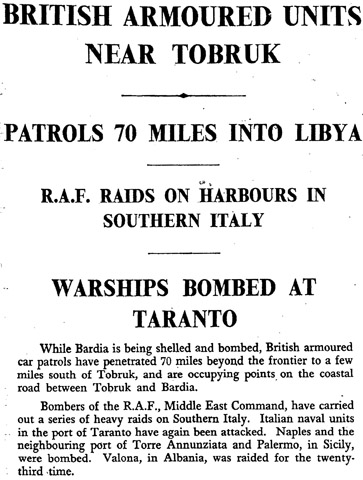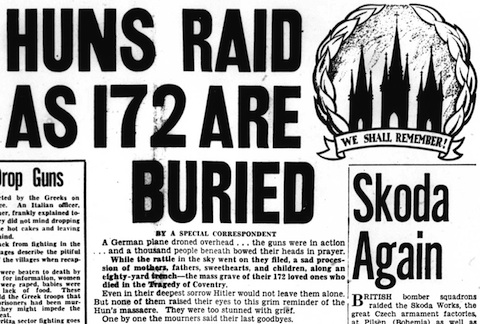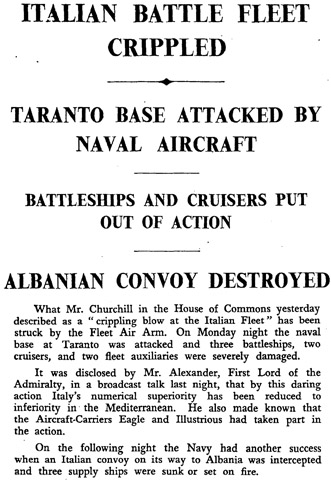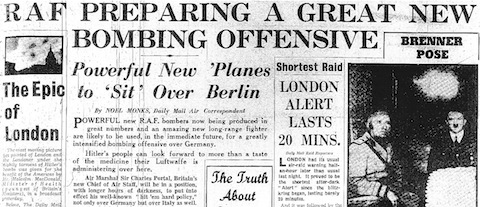The successful start which ended in failure
A common complaint1 about this blog is that it doesn’t feature nearly enough pictures of airships. So here’s one, a 27-metre long non-rigid which belonged to Henry Spencer, scion of a remarkably airminded family (sixteen aeronauts across four generations). Indeed, he built it with his brothers. The photograph was taken on 16 February 1909 and […]



